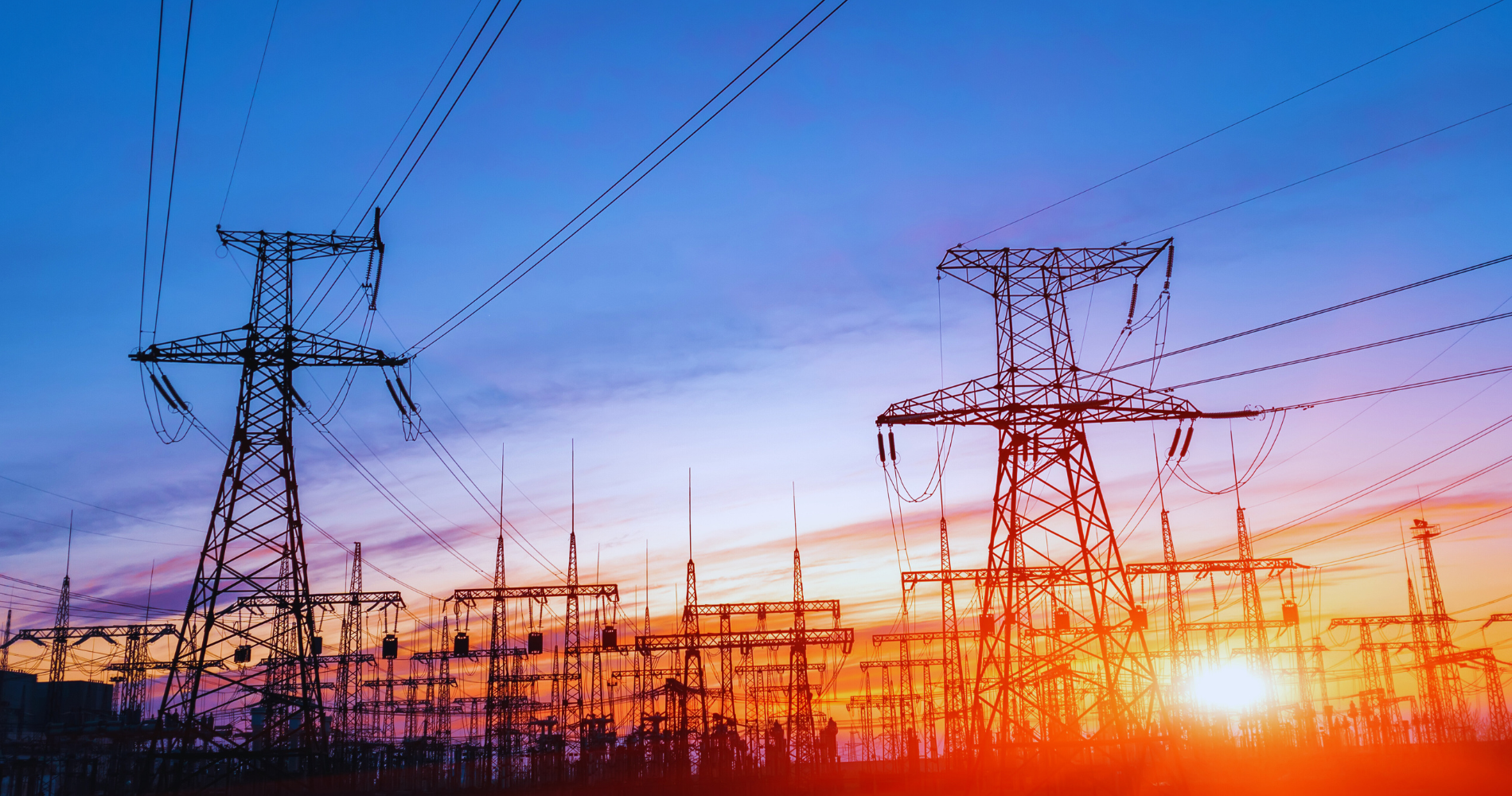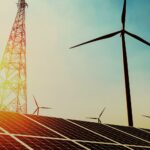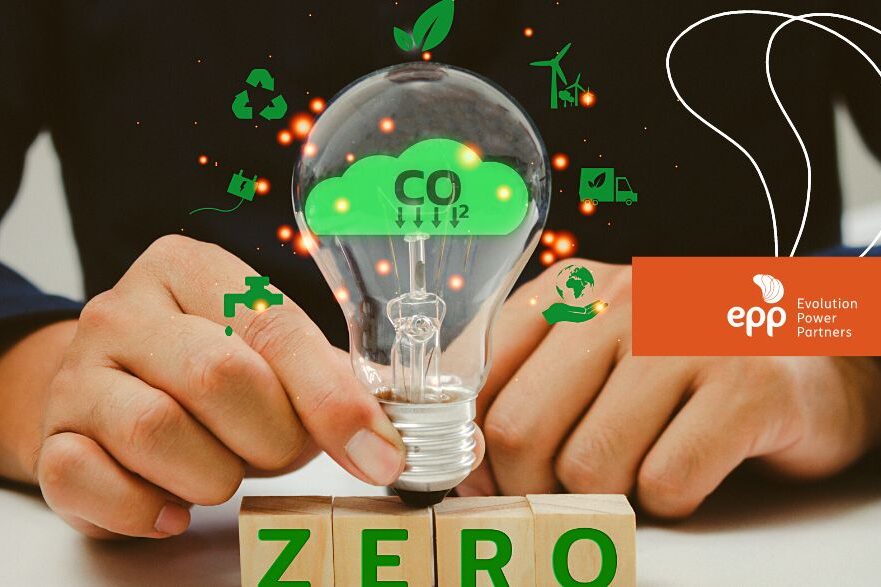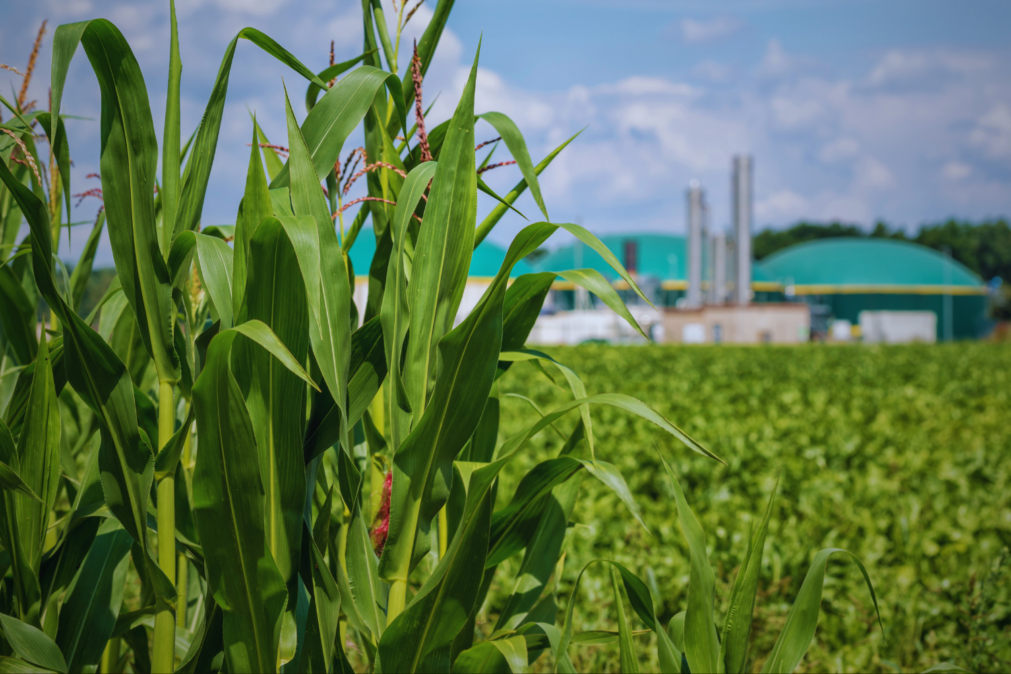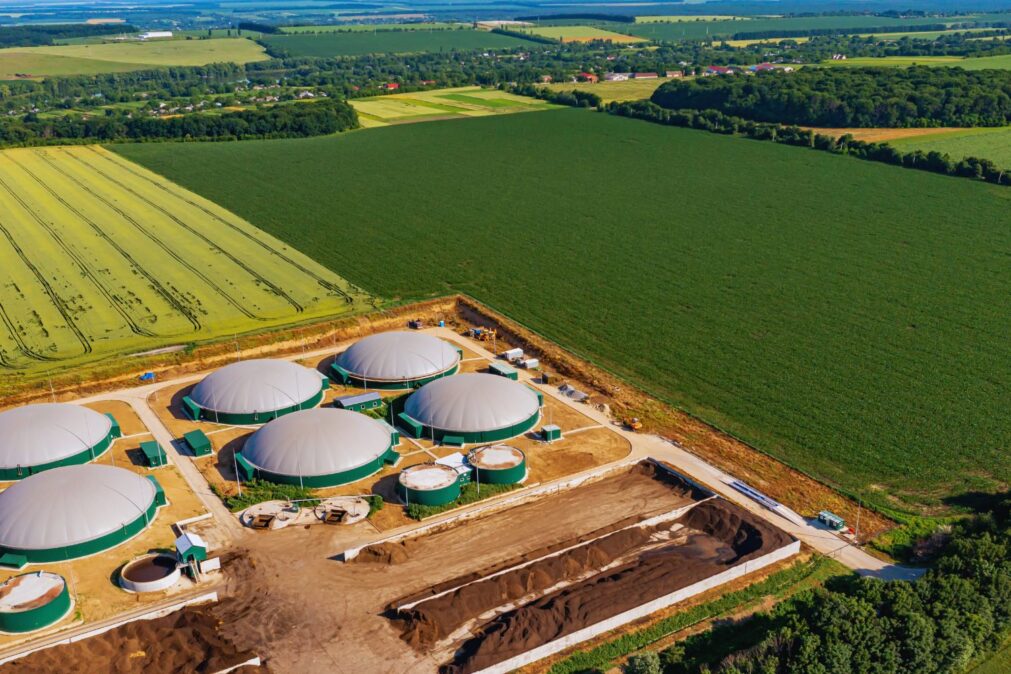In the global context of climate change, Brazil emerges as a leader in energy transition. The nation stands out for its ability to generate clean energy, making it an attractive destination for investments in this area. With a robust transmission system and the inclusion of Roraima in the interconnected system, the country promotes an efficient and widely accessible energy infrastructure. The government’s commitment to the expansion of renewable sources, exemplified by the recent increase in solar and wind generation, underscores Brazil’s potential as a pillar in the global energy transition.
The energy transition in Brazil, under the auspices of the National Electric Energy Agency (ANEEL), is guided by the Regulatory Agenda 2024-2025. This document is a milestone in the transparency and control of regulatory activities, in line with Law No. 13,848/2019. This law emphasizes the importance of priority activities and regulations within the agenda’s validity period. Activities are strategically distributed across four Thematic Axes to promote clear and efficient standards
Technologies and Innovation in CO2 Storage
Carbon Capture and Storage (CCS) technologies are fundamental in the Brazilian energy transition strategy. With the growth in energy demands and the need to solve the energy “trilemma” – accessibility, security and sustainability –, CCS presents itself as a crucial solution. The oil and natural gas sector, in particular, has the technical competence to lead the implementation of this technology, favoring decarbonized production and competitiveness in the global market.
Brazil also plays an important role in the development of a global carbon market, offering decarbonization services. The production of renewable fuels and the generation of energy from renewable sources, such as solar, wind and biomass, position the country as a significant player in this market. Adherence to public policies to encourage emission reduction and the creation of carbon markets further strengthen Brazil’s potential in this area.
Expansion of Energy Capacity
According to the Ten-Year Energy Expansion Plan 2024, Brazil foresees a significant increase in its installed electricity generation capacity by 73 thousand MW by 2024. Around half of this expansion is based on wind, solar, biomass and Small Hydroelectric Power Plants. (PCH). This plan also highlights Brazil as an important player in the international oil market, with a production projection of 5 million barrels/day (Source: Energy Research Company – EPE).
According to the Annual Energy Operation Planning 2024-2028, electricity consumption in Brazil is expected to grow 3.5% in 2024, reaching a load of 78,447 average MW. This growth is driven by factors such as macroeconomic stability and investments in infrastructure. The North region of the country has the highest projected increase in demand, due to new interconnections, including the line that will connect Roraima to the National Interconnected System (SIN) in 2025 (Source: Poder360).
ANEEL, in its agenda for 2023-2024, prioritizes the inclusion of renewable sources in the electrical system and innovation in energy efficiency. This approach includes the regulation of offshore generation and criteria for reducing generation from photovoltaic solar plants. The Social Renewable Energy Program (PERS), aimed at low-income consumers, is one of the highlights in this area according to EPBR.
Investment and Entrepreneurship in the Energy Transition
Companies and startups dedicated to the transition to a low-carbon economy have received special attention from investors in Brazil. VOX Capital, for example, invests in startups and publicly traded companies that are leading the energy transition, focusing on solutions for renewable energy, electric vehicles and new clean energy sources, such as green hydrogen. This demonstrates a promising scenario for investment in sustainable and innovative technologies in the country.
Future perspectives
Brazil, with its multifaceted approach to the energy transition, presents a promising scenario for investors and companies in the sector. Government initiatives, together with technological advancement and the commitment of the private sector, create an environment conducive to strategic and sustainable investments. With its continued commitment to sustainability and innovation, Brazil not only contributes to the fight against climate change, but also opens doors to new opportunities for economic and social growth.
